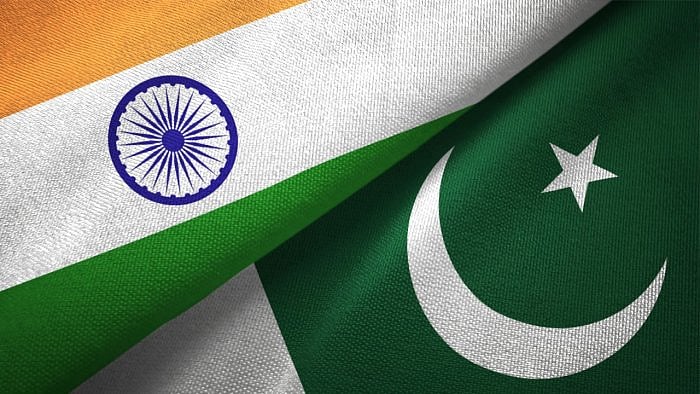
India on Thursday put the onus back on Pakistan to create a conducive atmosphere for the resumption of the bilateral dialogue – just a day after the neighbouring country’s Prime Minister Imran Khan said that his counterpart Narendra Modi’s government in New Delhi would have to first make the move to restart the stalled talks.
“The onus is on Pakistan to create such a conducive atmosphere including by taking credible, verifiable and irreversible action to not allow any territory under its control to be used for cross-border terrorism against India in any manner,” V Muraleedharan, the Minister of State for External Affairs, informed the Rajya Sabha in a written reply to a question. “India desires normal neighbourly relations with Pakistan and is committed to addressing issues, if any, bilaterally and peacefully in an atmosphere free of terror, hostility and violence.”
New Delhi reiterated its stand on the resumption of the stalled bilateral dialogue with Islamabad on a day the chief of the Pakistan Army, General Qamar Javed Bajwa, said that it was time for his country and India to bury the past and move forward.
“We feel it is time to bury the past and move forward," General Bajwa said, speaking at a conference in Islamabad. He, however, echoed Pakistan prime minister to put the onus on India for restarting “meaningful dialogue”. “Our neighbour will have to create a conducive environment, particularly in occupied Kashmir,” the chief of the Pakistan Army said. He stressed that if the issue of Kashmir was not addressed, any effort to restore normalcy in Pakistan-India relations would be “susceptible to derailment to politically-motivated bellicosity.”
Khan too on Wednesday said that the row over Kashmir was the only issue stopping Pakistan and India from making attempts to improve bilateral relations. “We will make our efforts, but India must take the first step because after August 5, till they take the first step, then, unfortunately, we cannot move forward,” the Prime Minister of Pakistan said, addressing the conference in Islamabad. He was referring to the Modi government’s August 5, 2019, move to strip Jammu and Kashmir (J&K) of its special status and to reorganise it into two union territories.
New Delhi had suspended its formal bilateral talks with Islamabad in January 2013 after Pakistan Army personnel had brutally killed two Indian Army soldiers along the Line of Control (LoC) in J&K. Though the Modi government had in December 2015 agreed to restart the engagement between the two neighbours as Comprehensive Bilateral Dialogue, the attacks on the Indian Air Force (IAF) base at Pathankot in Punjab and on the Indian Army’s brigade headquarters at Uri in J&K by the terrorist outfits based in Pakistan derailed the process. The Indian Army’s “surgical strike” on terrorist camps in Pakistan in September 2016, the terror attack on Central Reserve Police Force (CRPF) personnel at Pulwama in J&K and the retaliatory bombing by the Indian Air Force (IAF) aircraft on the terror camps in the neighbouring country in February 2019 worsened the relations between the two nations.
Islamabad also launched a global campaign against New Delhi to protest against the Modi government’s August 5, 2019, move on J&K.
But when the armed forces of the two nations last month agreed to stop firing across the LoC and adhere to the 2003 ceasefire agreement, it fuelled speculation about back-channel talks between New Delhi and Islamabad for exploring the possibility of restarting the stalled bilateral dialogue.

